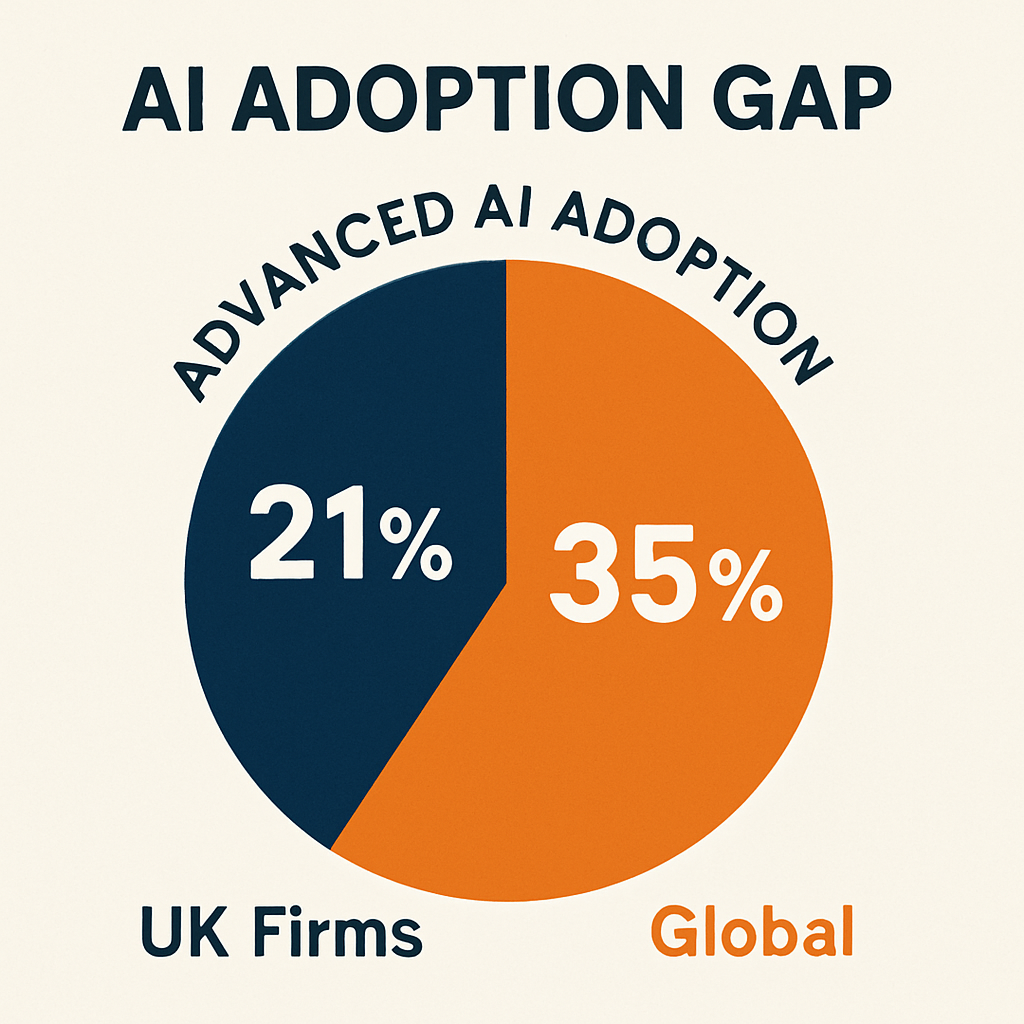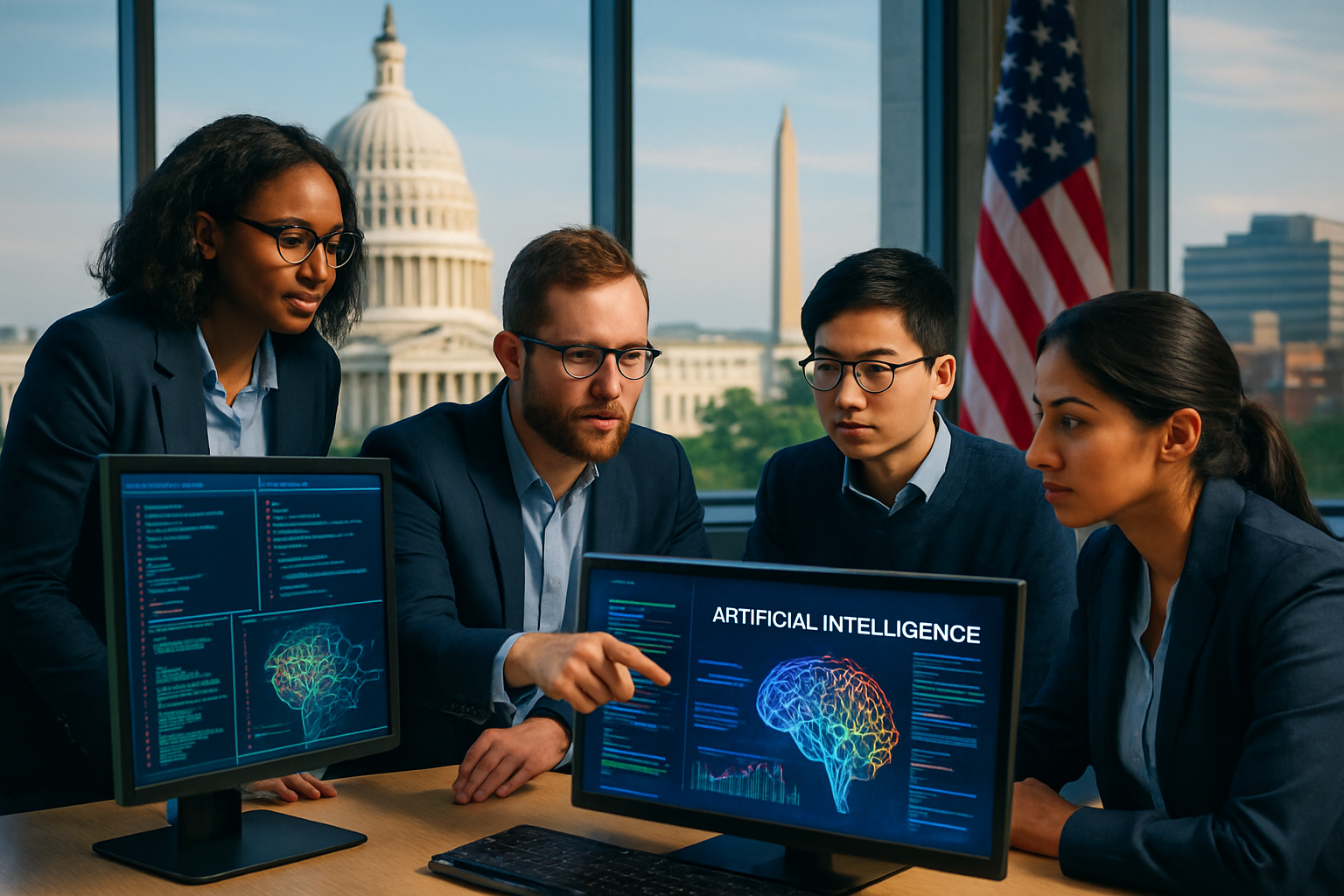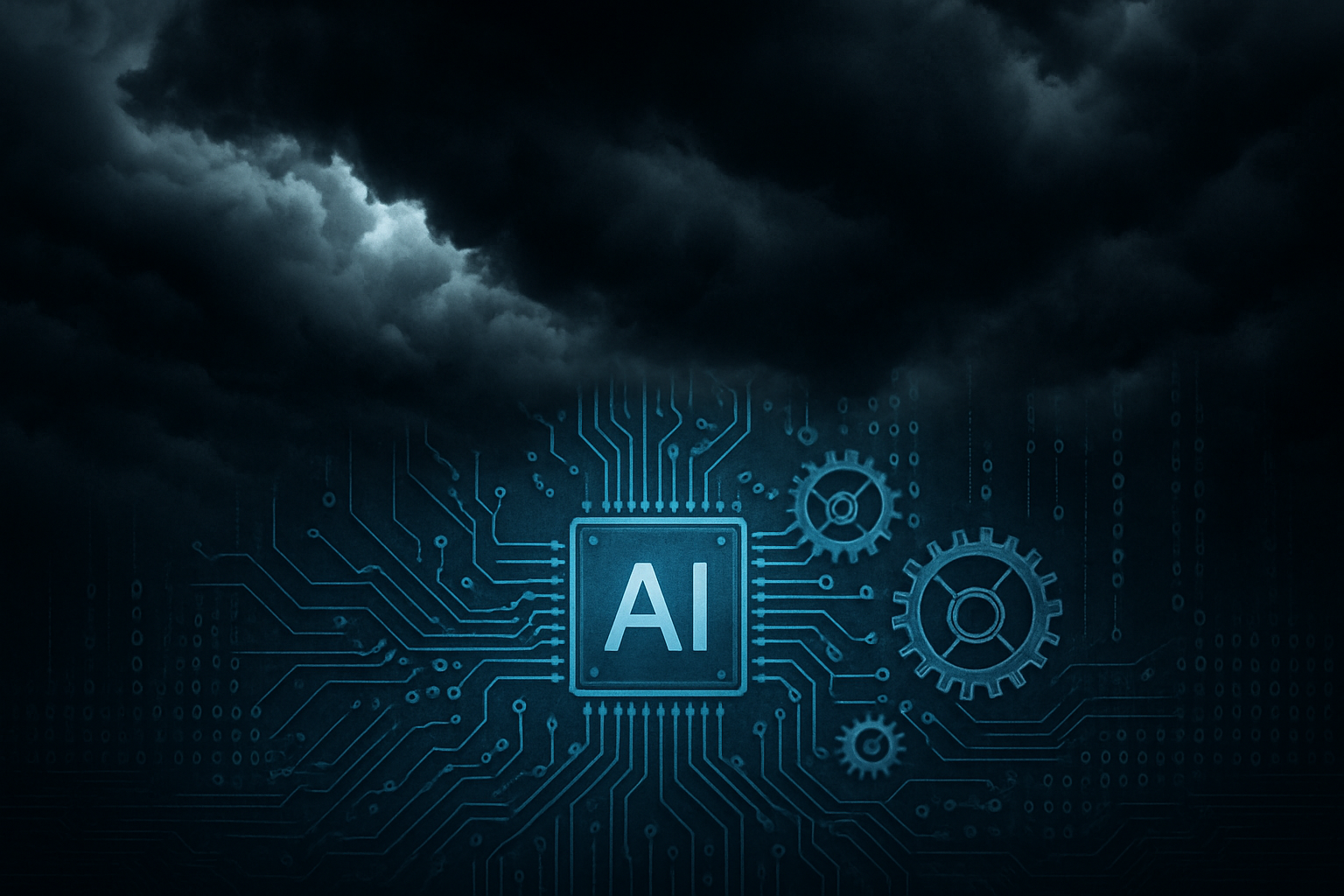UK Businesses Trail Global AI Adoption at 21% While World Reaches 35%
Quick Take
- 21% of UK firms achieve advanced AI adoption versus 35% globally
- 63% cite legacy systems as primary barrier to AI progress
- 24% of executives fear misinformation undermining AI trust
- Leadership advocacy and cultural change identified as critical success factors
- CGI recommends managed-service partnerships for modernization
British businesses are lagging seriously in artificial intelligence adoption, with just 21% reaching advanced implementation compared to 35% across the globe, CGI’s Voice of Our Clients 2025 report shows.

The consulting firm’s research reveals a concerning AI implementation gap as UK organizations grapple with outdated infrastructure and trust barriers.
The study paints a worrying picture: while companies worldwide speed up their AI transformation, UK firms remain stuck with legacy systems and cultural pushback. Outdated infrastructure creates the biggest headache, with 63% of British leaders pointing to aging technology as their main roadblock to AI progress.
Tara McGeehan, President of CGI in the UK and Australia, says strategic modernization can’t wait. “UK organisations need to actively modernise with intent,” McGeehan states, stressing that fundamental cultural shifts must start at the top.
Trust Problems Hold Back AI Progress
Technical hurdles aren’t the only issue – trust concerns are hitting AI adoption hard across British companies. Almost a quarter of executives worry that misinformation could hurt stakeholder confidence in AI systems, adding another layer of hesitation around rollouts.
Russell Goodenough, Head of AI at CGI, says building trust means putting proper governance and transparency in place. “The solution extends beyond mere technological upgrades,” Goodenough explains, noting that leadership buy-in and clear communication prove just as important for successful AI integration.
Companies making headway mix technical upgrades with strong support systems, building workplaces where staff feel comfortable using AI tools instead of seeing them as job threats.
Leadership Advocacy Drives Cultural Change
Successful AI adoption relies heavily on visible leadership engagement and advocacy. Companies making real progress show AI usage throughout the organization, with executives actively using and championing these technologies in daily work.
This top-down strategy, combined with peer learning programs and hands-on training, helps make AI integration normal while cutting down resistance to change. McGeehan and Goodenough stress that giving people practical ways to engage builds confidence and sparks innovation.
Legacy Infrastructure Creates Modernization Imperative
The 63% of organizations pointing to legacy systems as obstacles face a crucial modernization choice. CGI recommends managed-service partnerships and strategic cloud moves as practical ways to boost operational flexibility while staying compliant.
These partnerships let organizations tap outside expertise while gradually moving from outdated infrastructure to AI-ready platforms. The approach eases internal resource pressure while speeding up transformation timelines.
Future-Proofing Against Emerging Technologies
As AI moves from experimental to operational, British businesses must get ready for more tech disruptions including quantum and neuromorphic computing. CGI emphasizes building governance frameworks and resilience strategies that can handle fast-moving technological change.
Companies setting up solid AI foundations today put themselves in good position for future innovations, while those waiting risk falling even further behind international competitors already moving through multiple technology waves.
Building Digital Trust Through Governance
The 24% of leaders worried about misinformation show how critical strong data governance and AI model transparency really are. Organizations must put comprehensive frameworks in place that ensure data integrity while clearly explaining AI decision-making to stakeholders.
Keeping stakeholder trust means consistent communication about AI capabilities, limits, and security measures. Companies successfully handling these challenges combine technical excellence with proactive reputation management.
Strategic Integration Approach
CGI’s research shows that successful AI transformation needs simultaneous focus on technology, culture, and leadership development. Organizations reaching advanced implementation typically integrate these pieces rather than treating them as separate projects.
This complete approach turns legacy constraints into competitive advantages by building organizational capabilities that support ongoing innovation rather than one-time technology deployments.
For UK businesses to stay globally competitive, strategic planning must move beyond traditional IT modernization to include comprehensive digital transformation that tackles cultural, technical, and governance challenges all at once.







No Comments
Sorry, the comment form is closed at this time.